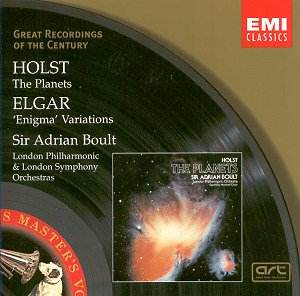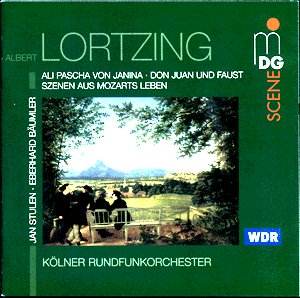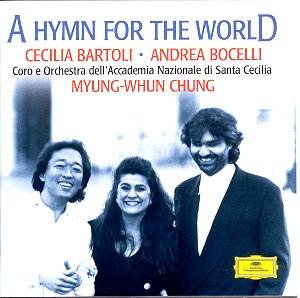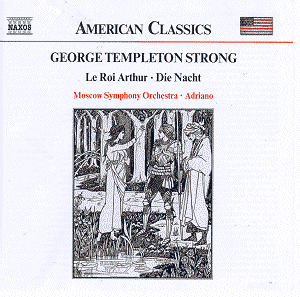 Composer: Ludwig van Beethoven
Composer: Ludwig van Beethoven
Works: Triple Concerto in C major for piano, violin, cello and orchestra, Op. 56; Choral Fantasy in C minor for piano, chorus and orchestra, Op. 80
Performers: Claudio Arrau (piano), Henryk Szeryng (violin), János Starker (cello), New Philharmonia Orchestra, conducted by Eliahu Inbal; Alfred Brendel (piano), London Philharmonic Orchestra & Choir, conducted by Bernard Haitink
Recording: 1971 (Triple Concerto); 1977 (Choral Fantasy)
Label: PHILIPS ELOQUENCE 464 368-2
Ludwig van Beethoven, a titan of the classical canon, composed both the Triple Concerto and the Choral Fantasy in 1808, a year that marks a significant yet tumultuous period in his artistic evolution. Having recently emerged from the shadow of his earlier works, Beethoven was beginning to explore the boundaries of orchestration, thematic development, and structural innovation. The Triple Concerto, often overshadowed by the more prominent concertos in his oeuvre, presents a unique amalgamation of chamber and orchestral textures, while the Choral Fantasy serves as a precursor to the monumental Ninth Symphony, brimming with thematic hints of collective triumph.
The performance of the Triple Concerto featuring Claudio Arrau, Henryk Szeryng, and János Starker reveals a nuanced understanding of Beethoven’s intricate textures. Arrau’s solid yet somewhat uninspired playing lacks the lyrical subtlety that one might hope for in the expansive cadences of the first movement. Szeryng’s violin work is commendable; his secure intonation and articulate phrasing shine particularly in the spirited finale. However, Starker’s contributions stand out, especially in the slow movement where his rich, singing tone captivates the listener, evoking the breathy expressiveness akin to a great operatic aria. The orchestral accompaniment under Eliahu Inbal is dutiful; while it provides a clear framework, it lacks the vibrancy that might elevate the concerto’s conversational interplay among the soloists. The recording suffers from occasional tape hiss, which detracts from the overall listening experience, making it feel slightly dated.
The Choral Fantasy, on the other hand, emerges as a gem in Beethoven’s catalogue. Alfred Brendel’s performance, alongside the London Philharmonic Orchestra and Choir, showcases an electrifying engagement with the material. Brendel’s pianism is assertive and spontaneous, a quality that complements the work’s improvisational nature. Bernard Haitink’s direction breathes life into the orchestral passages, creating a rich tapestry of sound that underscores the thematic brilliance of this work. The Fantasy’s memorable theme, which anticipates the choral finale of the Ninth Symphony, is delivered with a fervor that makes the listener acutely aware of its significance in Beethoven’s evolution as a composer. The engineering here is notably superior, allowing the choir’s entry to resonate with an emotional weight that enhances the work’s dramatic arc.
Both works, while perhaps relegated to the periphery of Beethoven’s extensive repertoire, reveal an artist grappling with new ideas and techniques, suggesting a prelude to his later, more mature compositions. The Triple Concerto, with its occasional lapses into conventionality, serves as a reminder of the challenges Beethoven faced in balancing individual expression with orchestral coherence. Conversely, the Choral Fantasy stands as a testament to his forward-thinking approach, merging improvisation with structured form, hinting at the grand choruses yet to come.
The juxtaposition of these performances affords a compelling insight into Beethoven’s development during a pivotal year. While the Triple Concerto may not fully realize its ambitious concept, it nonetheless offers a valuable perspective on the composer’s evolving style. The Choral Fantasy, vibrant and dynamic, deserves wider recognition and appreciation. Together, these works deepen our understanding of a complex and innovative composer, illuminating the path from the Classical tradition to the burgeoning Romantic sensibility.



